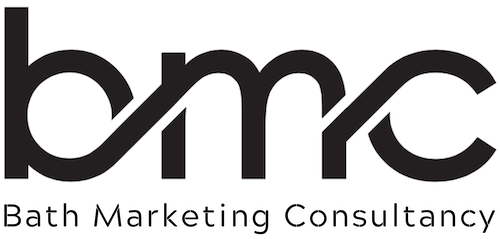Digital marketing services encompass a wide range of online strategies and tools designed to promote products, services, and brands through digital channels. With the growth of the internet and social media, these services have revolutionized how businesses connect with their audiences. By leveraging techniques such as search engine optimization, social media marketing, email campaigns, and online advertising, companies can reach a broader audience, build brand awareness, and engage with customers more effectively. Digital marketing services enable businesses to measure performance in real time, personalize communication, and adapt quickly to changing consumer behaviors in today’s fast-paced digital environment.
The Importance of Digital Marketing
In today’s world, digital marketing has become an essential component of any marketing strategy. With over 4.9 billion people using the internet, businesses have the potential to reach a vast audience, regardless of their location or industry. Moreover, digital marketing is cost-effective, allowing businesses to save money on traditional advertising methods like print and television.
Digital marketing is also highly measurable, meaning that businesses can track the effectiveness of their marketing campaigns and make data-driven decisions. This is particularly important for small businesses, who may not have the resources to waste on ineffective advertising.
Types of Digital Marketing
There are many types of digital marketing, each with its own unique advantages and disadvantages. Some of the most common types of digital marketing include:
Search Engine Optimization (SEO): This involves optimizing a website’s content and structure to improve its ranking on search engines like Google. By ranking higher on search engine results pages, businesses can increase their visibility and attract more traffic to their site.
Pay-per-click (PPC) advertising: This involves placing ads on search engine results pages or social media platforms like Facebook and Instagram. Businesses only pay when a user clicks on their ad, making it a cost-effective way to drive traffic to their website.
Content marketing: This involves creating and sharing valuable, relevant, and engaging content with the aim of attracting and retaining a clearly defined audience. Content marketing can take many forms, including blog posts, videos, social media posts, and infographics.
Social media marketing: This involves using social media platforms like Facebook, Twitter, and LinkedIn to promote a brand, build relationships with customers, and increase visibility.
Email marketing: This involves sending targeted emails to a list of subscribers with the aim of promoting a product or service, building brand loyalty, and driving traffic to a website.
The Future of Digital Marketing
Digital marketing is constantly evolving, with new technologies and platforms emerging all the time. As the use of artificial intelligence and machine learning becomes more widespread, businesses will have even more tools at their disposal to create personalized, targeted marketing campaigns.
Moreover, as more and more people use their smartphones to access the internet, mobile marketing will become increasingly important. Businesses will need to ensure that their websites and marketing campaigns are optimised for mobile devices if they want to reach this growing audience.
FAQs
What are the most important truths to know about digital marketing?
Some key facts include that digital marketing evolves constantly, measurement (data & analytics) is critical, not all channels work equally for every business, trust & credibility are essential, and content quality plus audience targeting matter as much as budget.
How quickly will digital marketing show results?
Results can begin in a few weeks for some activities (e.g. PPC ads, email campaigns), but many digital marketing efforts—like SEO, brand building, content marketing—take several months to fully manifest. Patience and consistency are important.
Does more spending always mean better performance in digital marketing?
No. It’s not just about how much you spend, but how you spend it. Effective targeting, good creatives, choosing the right mix of channels, using data to optimize—all these can often deliver better ROI than simply increasing budgets across the board.
Is digital marketing only useful for large companies?
Absolutely not. Businesses of all sizes benefit from digital marketing. Smaller businesses can leverage digital channels for highly targeted reach (local SEO, social media, email), often at lower costs than traditional media. The key is aligning strategy with scale and resources.
Can digital marketing guarantee leads and sales?
No single tactic can guarantee leads or sales. Success depends on many factors: product/service relevance, pricing, market demand, audience targeting, user experience, competitive environment, and how well you follow through with strategy. However, well-planned digital marketing dramatically increases your chance of success.
Conclusion
Digital marketing has revolutionised the way businesses promote themselves and interact with their customers. By using a range of digital channels and technologies, businesses can reach a wider audience, build brand loyalty, and drive sales. With the continued growth of the internet and social media, digital marketing will only become more important in the years to come.



